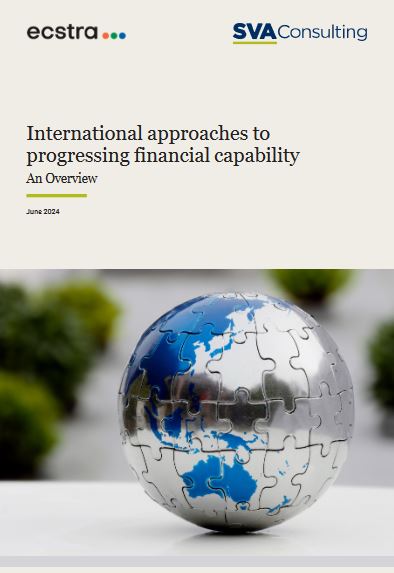Australia could learn a lot from the approaches other countries take to improve financial literacy, according to new global research commissioned by Ecstra Foundation.
The report, International Approaches to Progressing Financial Capability, by Social Ventures Australia looks at international trends in financial literacy and capability, and identifies key ideas and approaches that may be relevant to the Australian context.
This includes the widespread development and adoption of national level strategies, with the report stating that “…more than 70 countries and economies worldwide, including the majority of G20 nations, were designing or implementing National Strategies for financial literacy” as at 2020.

However, the organisation says that in contrast to many OECD peers, Australia’s National Financial Capability Strategy is currently inactive.
Caroline Stewart, CEO of Ecstra, says that despite the efforts of a broad range of stakeholders focused on financial capability activities “…Australia’s financial literacy levels are not improving, particularly among younger people. There is a risk we could fall behind globally if action is not taken.”
She says this is particularly concerning against a backdrop of cost-of-living pressures.
Louise Campbell, director of SVA Consulting, says the firm’s environmental scan and analysis shows these challenges are not unique to Australia and there are tangible ways to address a range of issues.
The research identified five key opportunities for Australia:
- Recommit to a National Strategy for financial literacy and capability – including concrete goals and targets, sustainable funding and outcomes measurement
- Map stakeholders, initiatives and funding to better understand the financial capability ecosystem and to identify gaps and opportunities
- Convene stakeholders to ensure collaborative action. This includes community and consumer organisations, educators, academics, peak bodies, philanthropic partners, industry and government
- Ensure students have access to quality, evidence-based financial education in all schools across Australia
- Continue to engage in international initiatives addressing financial capability (e.g. PISA, OECD International Network on Financial Education)
Stewart note that national strategies are complex, long term public policy projects.
…government leadership is critical for setting a clear, unified vision and roadmap…
“Given the many drivers of financial capability, the range of players involved and policy intersections, government leadership is critical for setting a clear, unified vision and roadmap.”
The organisation say simple, effective actions many countries have already taken include mandating dedicated financial education in schools.
Stewart says that Ecstra runs the largest face-to-face financial literacy program offered in schools across Australia “…however a whole systems change approach is needed. We reiterate our call for the government to lead a national financial capability action plan that includes elevating the importance of financial education.“ (See: Call for Government to Lead National Plan).






